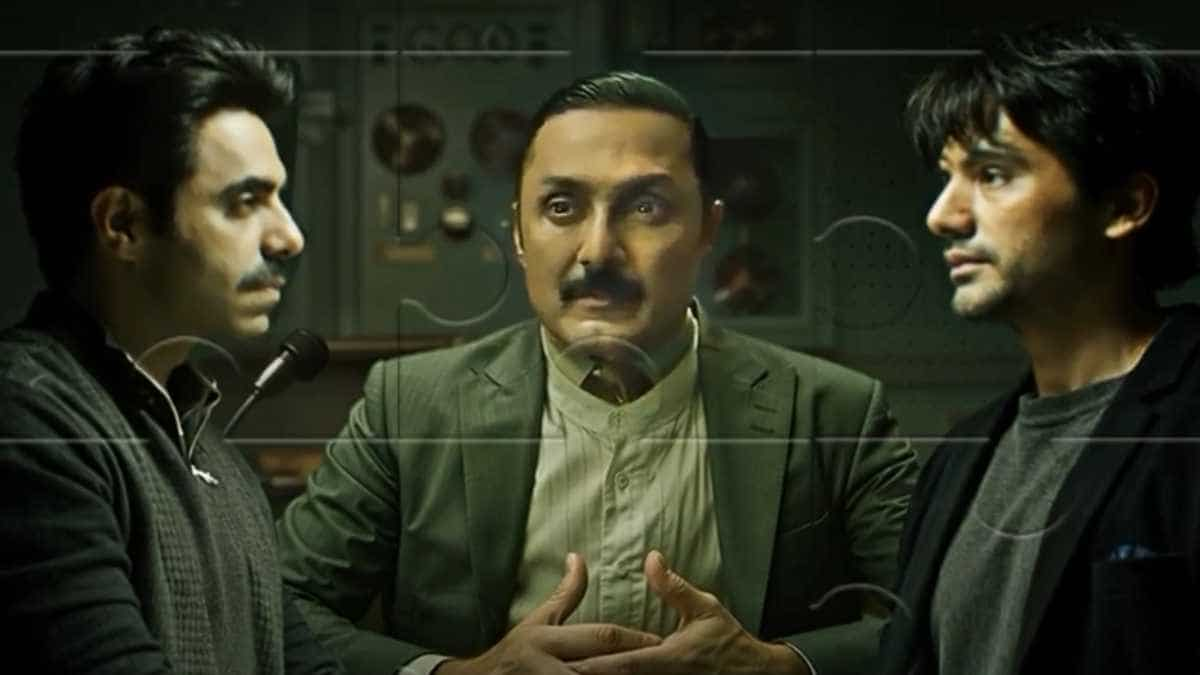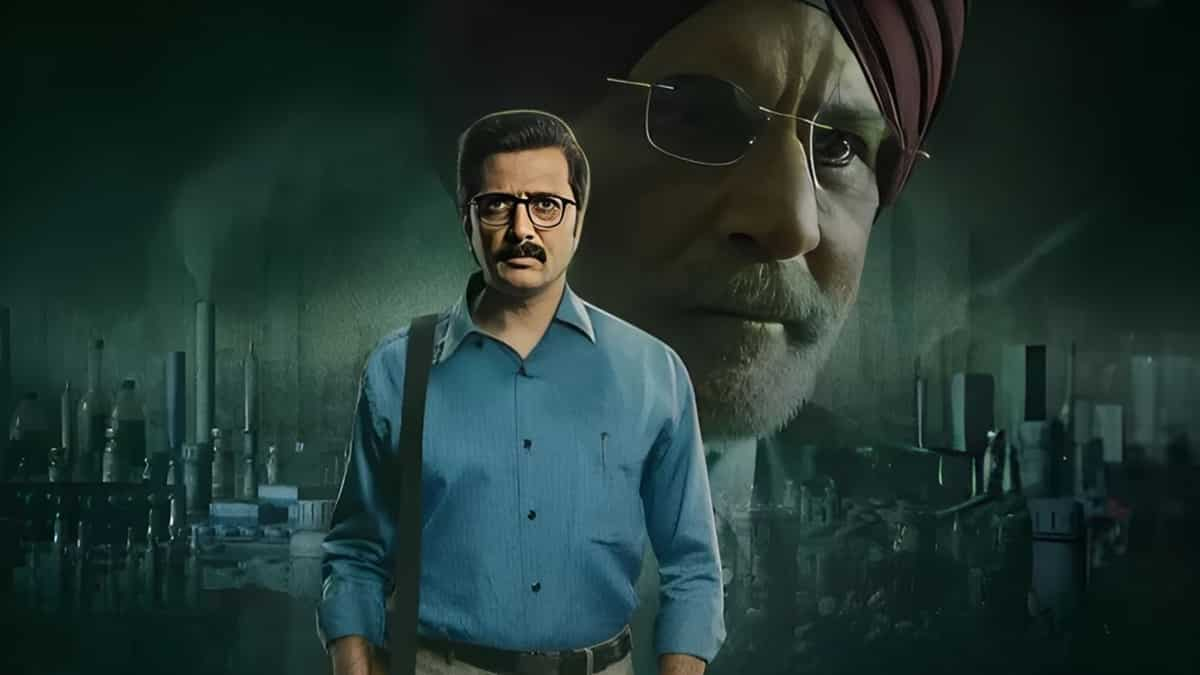
Pill Review: More Placebo Than Cure For What Ails For-Profit Pharma
2 months ago | 32 Views
THE PIVOTAL PIECE OF EVIDENCE that ties the world of Pill (JioCinema) together is a dusty file, randomly discovered in a dumping ground. Trash has rarely enjoyed the kind of prominence it does here, but on some level it points to the ingenuity needed to break the moulds of pliant journalism and fragile institutions. In a world where power isn’t questioned, maybe endeavour ought to be dragged through the dirt so it can be wielded against the mighty. But it’s this simplicity or randomness of fate that often gets in the way of a series’ fairly dogged approach to surveying an industry’s inner rot. What Pill gains in terms of clarity of design, it loses by way of purpose and actual twist-and-turn entertainment.
Riteish Deshmukh plays Prakash, a suitably uncharismatic middle-class protagonist, who stumbles onto a trail above his pay grade. Prakash is tender, unremarkable, and frequently undermined by his talkative son. The symptom of all middle-class malaise — a feeble, wobbly car — makes up the background for what is routine for a puritanical portrayal of heroism. On the other end of the divide is Pawan Malhotra’s Brahma Gill, the pushy but also secretly sentimental boss of Forever Pharma. After a file listing a substandard drug is flung into the river, it ends up in the hands of a tenacious man willing to wager his life for a story. Thus ensues a chess match between the powerful and the powerless with a predictable outcome visible from the middle-distance.
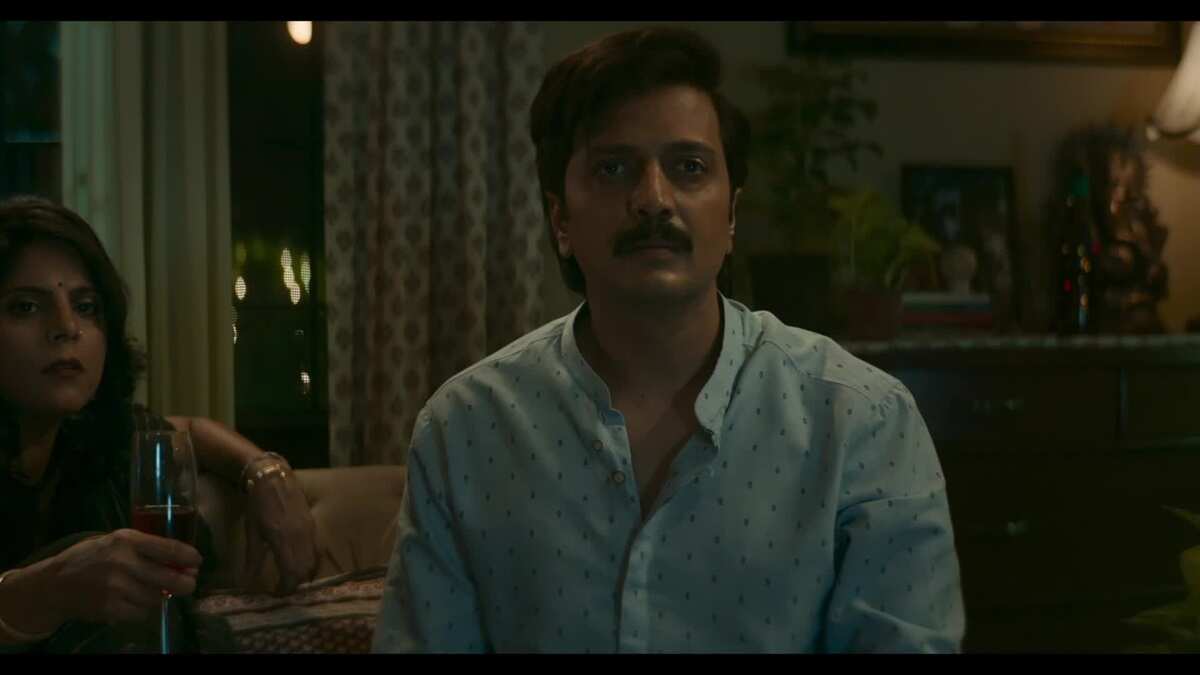
Stretched across eight episodes, Pill is fairly pacey, robust and clear-eyed. It goes through the motions at whirring speed, enough to make you want to claw at moments, but with little sense of what they stand for. There are impoverished activists, corrupt scientists, whistle-blowers… and yet there is also a sense of this world being set too thin. For one, Prakash and Gill rarely feel like adversaries. Malhotra is brilliant to the point that he steals the show. In contrast, Deshmukh appears relatable yet meek. For a galactic battle of wits, instruments and influence, there had to be more than just anecdotal footage of what a personal life looks like for these two.
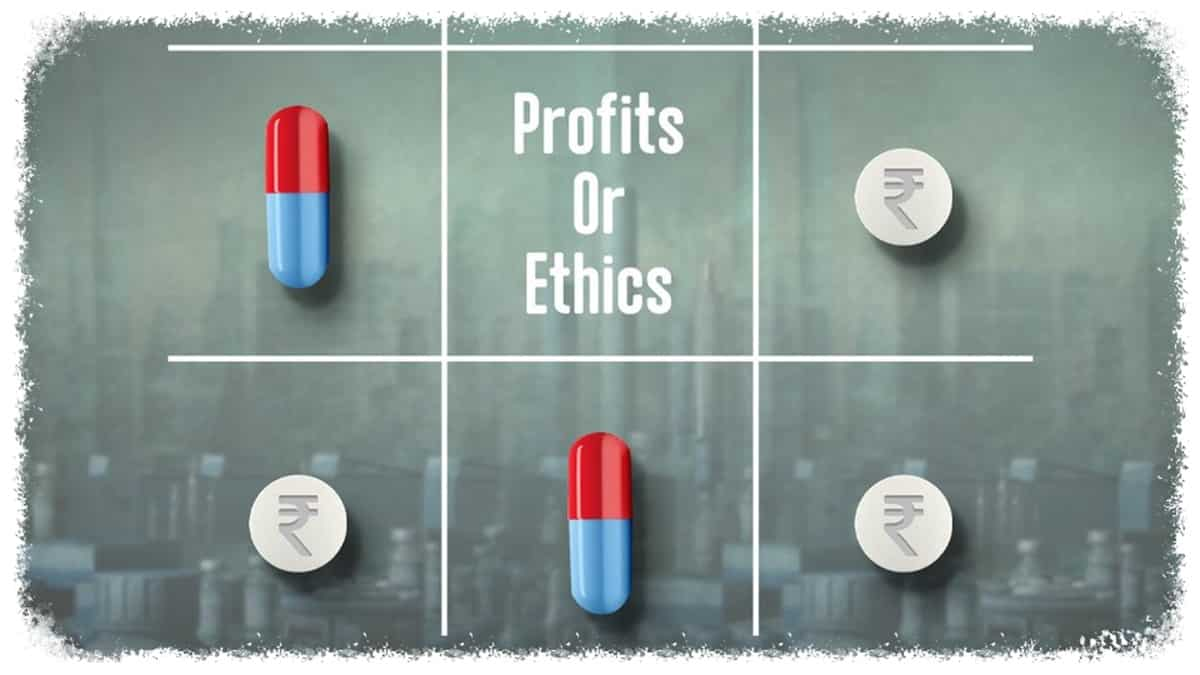
Another problem with Pill is the shifting of its ideological goalposts. In one episode, the blame for a catastrophic drug trial is pushed onto Ayurvedic medicine, without the show ever pausing to consider that enduring battle of sciences. It’s a worthwhile thread, but the series can’t summon the courage to say something comprehensive about it. Again, there is a mound of dirt to shoot from but the show instead chooses to lower itself to the turf battle between wildly disparate pugilists. If the intent is to portray a David versus Goliath like confrontation, then the stakes never really surface. Things flow like they would if someone’s pension fund had been held back or if someone was struggling to get his insurance money reimbursed. There are altercations and screaming matches, but nothing to quite approach an emotional rollercoaster with.
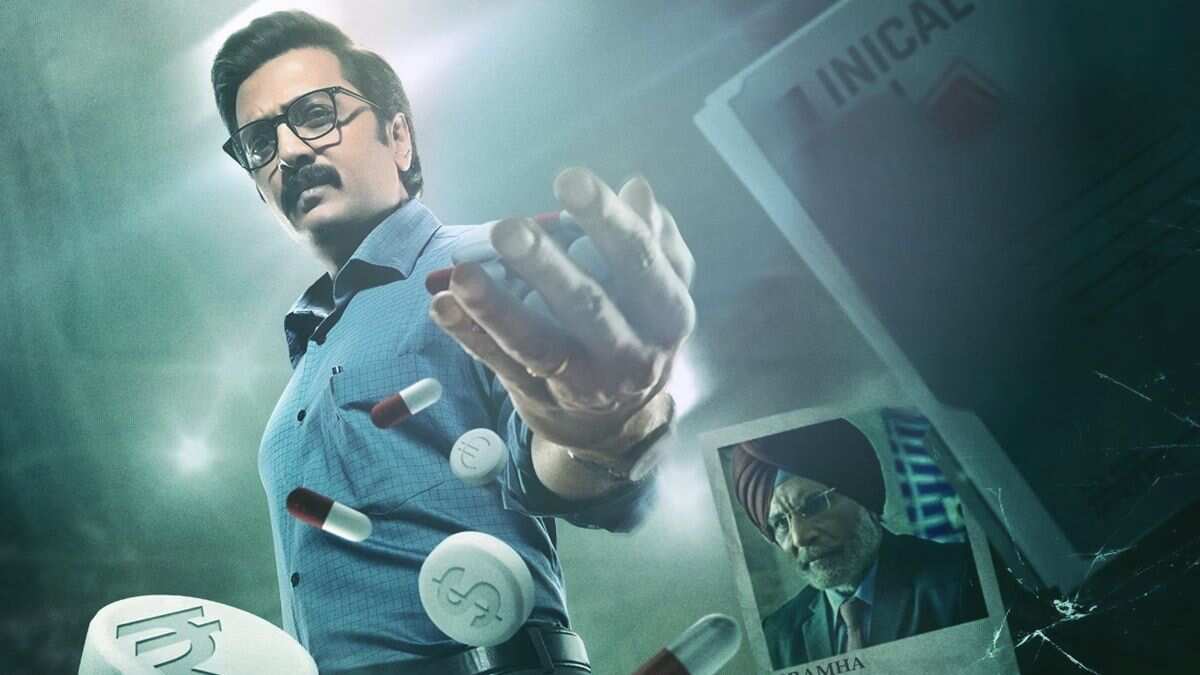
What works in favour of Pill, however, is its simplicity. It might not be awfully thrilling but it does keep the wheels on. The supporting characters, though forgettable, do their job. Malhotra brings his top game as a temperamental boss given to fits of disappointment. It’s bemusing but also eerie to witness someone in the business of saving lives, so casually entrenched in its capitalistic wormhole. At one point, a rival drug company, rather than address the crisis of faith, chooses to double down on ruthlessly pursuing success instead. Bribes are paid, drugs smuggled and eyes turned the other way. It all feels far too casual for effect but is disturbing to consider nonetheless. Unfortunately, the dread, the sense of distrust that the series could have chosen to sow, simply isn’t used to the kind of impact that a story of this nature should aspire to. Instead, it’s a show trapped in an intimate fist-fight between obvious shades of right and wrong. The grey doesn't quite rear its head.
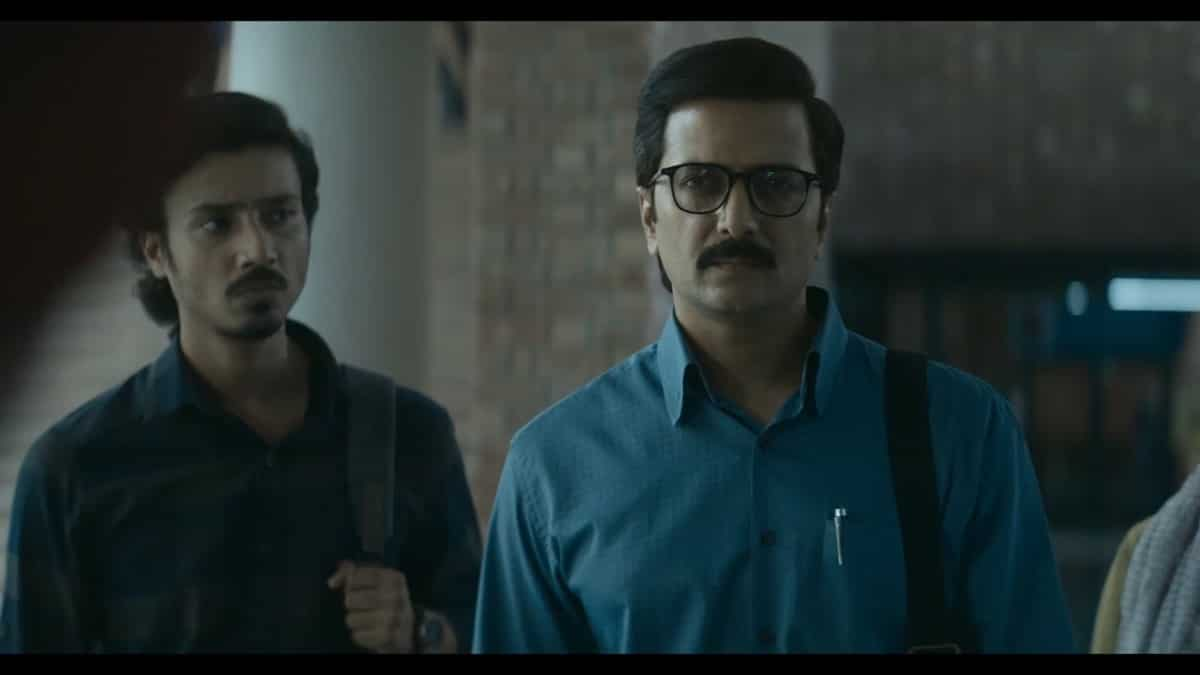
For all of its trials and committed tribulations, most of Pill is powdered, chewy and vanilla. It doesn’t quite capture the bitterness that a system capable of instantly dehumanising Indians should evoke. Healthcare is an earned privilege, trust in the state’s apparatus negligible — and yet Pill can’t quite paint this geometry of anger and resentment. It has the tools — a middle-class hustler, the righteousness of a few good men and women — to work with, but this series leads nowhere that feels as fulfilling as it is provocative. This seems like a missed opportunity, in what is a relatively thin pipeline of stories that channel a very specific kind of Indian angst. Though Deshmukh and Malhotra are up to the job, the underwhelming script and uninspiring direction drag them backwards rather than forward. Pill is not the worst thing on streaming, nor a complete misfire. But it’s a low bar you could also cross without watching at all.
#



